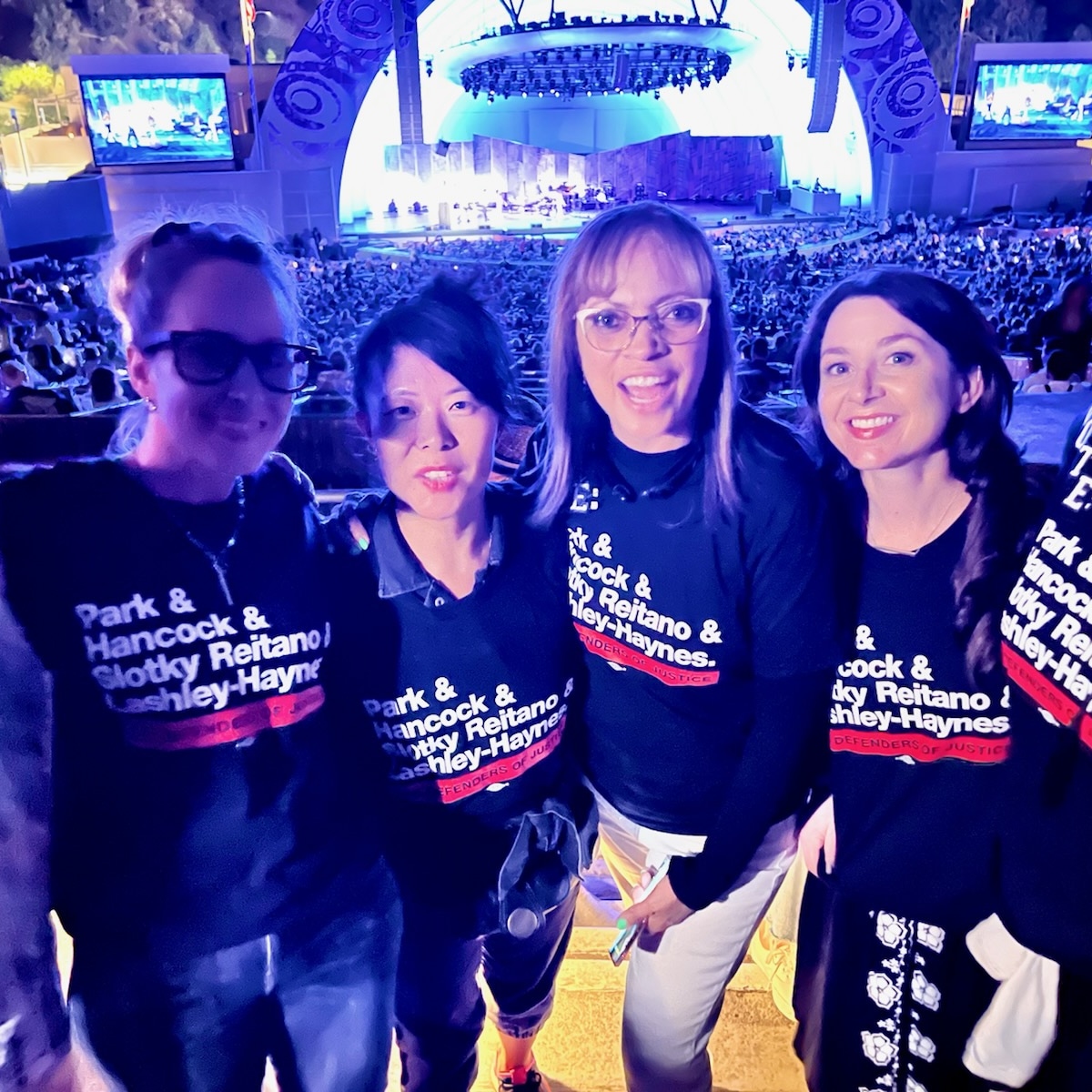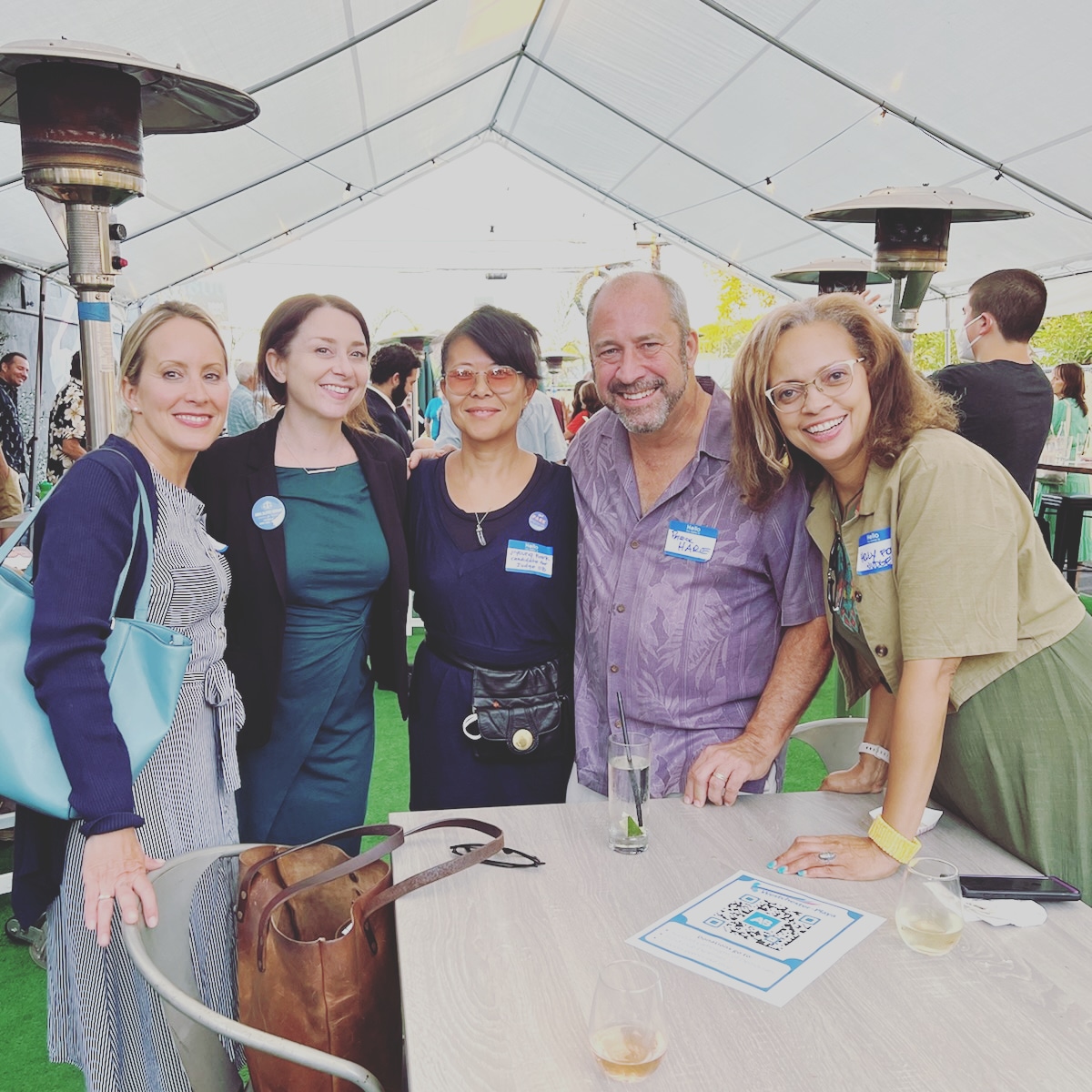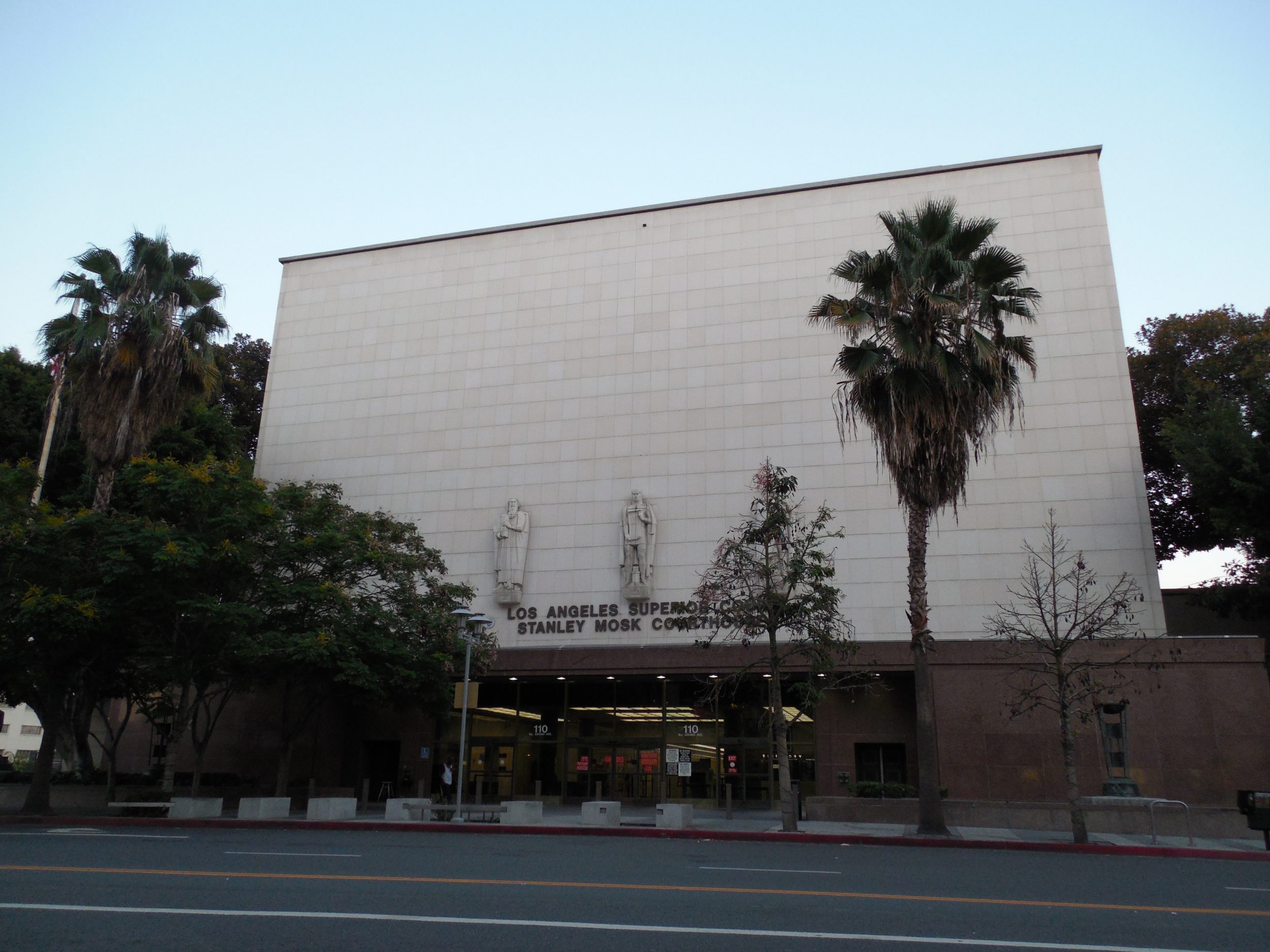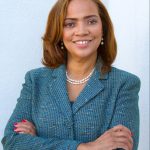Years before public defenders seeking judicial office became a growing trend across the country, Holly Hancock was largely alone in her run to become a Superior Court judge in Los Angeles. She didn’t win, but the experience prepared her for her second run, in 2022, this time as part of a slate of public defenders running on a decarceral platform. With broad community support and the endorsement of the Los Angeles Times, Hancock won this time around. In January, she took her oath of office, becoming the first Black public defender elected to join one of the busiest and largest judicial systems in the United States.
One wrinkle in California’s judicial selection process is that if you win, you’re not guaranteed your preferred assignment—you may end up refereeing small claims, settling matrimonial disputes, or probating wills, to name a few of the kinds of cases heard by the nearly 500 judges in Los Angeles Superior Court. Hancock started out briefly assigned to traffic court—but, as fate would have it, she has now been reassigned to misdemeanor court. There, she hopes that her background standing up for people caught in the criminal legal system can be of value to the community. In this narrative essay, as told to Inquest editor Cristian Farias on January 23, Hancock reflects on her path to the bench, the change in attitudes toward public defenders, and how even playing one small part in a sprawling court system can make a difference. This essay has been edited and condensed for clarity.
When I first ran for office in 2018, I had been working as a public defender for thirteen years. It always brought me great satisfaction to push to exonerate someone, to reduce their charges, or to just help them in any way. I saw people turning their lives around in the face of real adversity—not the least of which was a criminal background. So I started to think: What else can I do in this arena to really interact with people and help them? I wanted to help the community at large. Some district attorneys I knew who started out around the same time as me were running for office and getting on the judicial bench. And that started to awaken in me the idea to run for office. I didn’t pay much attention to the fact that other public defenders weren’t running. I just went for it. And I began to understand that the public wasn’t really educated about us. Prosecutors are seen as the knights on the white horse, ready to protect you, and we’re seen as their enemies.
Things were different in 2022. There were many more public defenders who ran—not just in the slate of public defenders we created, which had broad community support in Los Angeles, but other public defenders who ran separately. I think the times have slowly changed; people are a little more aware of what role public defenders play, of what they do, and that public defenders can be judges, too. A big boost that we didn’t expect was that a public defender was appointed to the Supreme Court. That brought a lot of enlightenment across the country about the work that we do.

In criminal court, people can feel stripped bare. They feel like they’re going to be judged. But I think of my job as making decisions—decisions with regards to the law and with regards to the person before me in the most enlightened way possible. To do that, I have to understand what’s happened and where they’re coming from—to the extent that I can when the attorneys present that. But this undignified process starts way before people get into the courtroom. It starts when they are in jail. It starts when they’re lined up to go to court. How they’re treated when they’re put on a bus. Or when they get off the bus to come into the courtroom. Or whether they get a chance to talk to their attorney beforehand.
Los Angeles County is huge, and the majority of its close to 500 judicial seats are elected, six-year positions, and a third of them are up for reelection every two years. But people don’t generally run against judges, and that wasn’t my interest, either. That means that, in practice, the seats are more like lifetime, appointed positions. For that reason, I wanted to run for an open seat, because I felt that that’s what we needed to do—we needed to start running for these open seats that become vacant during every cycle, because people are always retiring. Sometimes they open a new court and they need people in a particular area. Once appointed or elected, you can be assigned anywhere in the county where there’s a need—a seat is not confined to a specific geographical area. That means that even though I’m a former public defender who ran on a platform of criminal justice reform, I was not assured an assignment in criminal court. Since joining the bench in January, I was first assigned to traffic court, but I’ll soon be going to Inglewood, where I’ll be handling misdemeanors in criminal court.
More from our decarceral brainstorm
Every week, Inquest aims to bring you insights from people thinking through and working for a world without mass incarceration.
Sign up for our newsletter for the latest.
Newsletter
Looking forward to that, I imagine the hardest part will be to make decisions regarding bail and pretrial detention. My background in public defense for so long had been to fight against pretrial detention in most cases. I’m not throwing it out the window that I won’t ever detain someone pretrial. I have to really think about what my parameters will be and talk to other judges about it. That’ll probably be my biggest issue. I was backed by abolitionists, and they know that I’ll be as open-minded as one can be in making those determinations. I have a full recognition that if you have enough money, you can get out—that not all defendants are equally situated. So I have to always keep that in mind, too. When I was a public defender, I was an advocate, not an activist. That gives me a different knowledge base. Activists generally operate from the outside; I was already on the inside.
Public defenders considering my path should run for office. Stay as active as you can be—not just on your job, but look to other sources of activity in the community. Start talking with other groups and organizations that work with our communities. To me, being a judge is a community job—it’s for the community.
As a public defender I had worked for many years in trials, but my last position was in post-conviction review to clear people’s records. That’s one thing I talked a lot about during the campaign, about expunging records. I did that through collaborating with colleges and reentry organizations and through my office. And that gave me a real insight into the collateral consequences of having a criminal conviction: People can’t get private or governmental housing, get loans for school or licensing for professional careers after school, and in many cases jobs with a living wage won’t hire them.

When you’re campaigning, you can’t predict what you’re going to do in any given case, because you don’t yet know what challenges you’ll face in the courtroom, but you can talk about the work you’ve done in the community. I had volunteered with my church, my daughter’s school, the Black Public Defender Association, the NAACP, and service work with my sorority. So I explained that and discussed this past work throughout my campaign, because it really showed where my passion was, what I cared about.
As a judge assigned to misdemeanor cases in a judicial system with hundreds of judges, I’m only a small part of something much bigger. But even in the courtroom, there will be ways for me to exercise my discretion to look at root causes of underlying cases. During arraignment, I might ask: Is this a case where the person is mentally ill? Or at sentencing, I might inquire: Has deep poverty affected this person’s decisions? And can we do something about that? And if there is not something a judge can do about that at that point in the criminal process, isn’t it worthwhile to at least understand and acknowledge it? To have the person appearing before me be really heard by me, even if I can’t fully change their situation? A lot of that will be happening in misdemeanor court. Those are opportunities that are there, and that’s something that I look forward to. It’s why I became a judge, and it’s why I think this kind of community service is so important to engage in for those of us who have been advocates within the system, who have seen all sides of it up close.
Image: Jimmy Emerson/Flickr/Inquest

